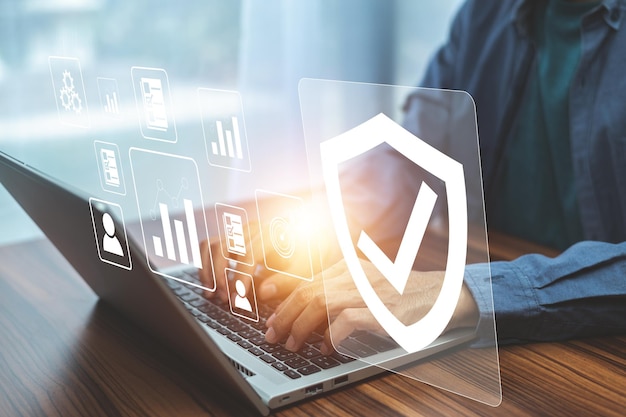
Good morning! Looking for something new and fun to listen to today? OG and Average Joe have just kicked off a new podcast called Stacking Benjamins. For their first episode, they’ve got Shannon from The Heavy Purse talking about how to raise financially smart kids. You can find it on iTunes.
Now, let me share something personal. When updating my net worth at the beginning of the month, I noticed I had an unusual amount of cash on hand. The reason is that most of my online income is paid via PayPal in US Dollars, while my PayPal is linked to a French Euro account. To get that money, I could either let PayPal convert it at a 4% fee or send it to my French bank and take a hit on the exchange rate. After checking with PayPal, sending dollars to my French bank isn’t even an option—they want to handle the currency exchange themselves.
So right now, I’m just letting the money sit there and grow because I’m not in a rush. I thought I might use the funds for travel expenses, like my flight back to Europe in May, but not many companies accept PayPal due to the 4% fee. It’s almost as bad as having your savings in a Cyprus bank.
Speaking of funds, I’ve never had much of an emergency fund. I consider my credit cards (with over $15,000 limit) and bank overdraft facilities (around $5,000) as my emergency cushion, preferring to invest the rest of my money for better returns. Luckily, I haven’t faced any major health emergencies. The biggest immediate expenses I might face include unexpected travel for a funeral or replacing everything if my house burns down. If I ever needed extensive medical treatment, I could return to France, where I’m still covered by social security. Generally, I don’t think I need more than $5,000 in readily available cash. Anything beyond that makes me eager to invest.
Now, let’s talk about the value of having an emergency fund. In personal finance, it’s crucial to have one. Start small with $1,000 and aim for 3, 6, or even 12 months of living expenses. This can cover unexpected costs like car repairs, job loss, or health issues.
Many people let their savings sit in accounts earning minimal interest. But in today’s low-interest environment, you might be losing money to inflation. So who really needs an emergency fund?
If you’re the sole earner in your family or couldn’t get by on your partner’s income, an emergency fund is essential. For me, I could survive on $200 a month in survival mode since my house is paid off and food is cheap in Guatemala.
If having a cash buffer helps you sleep at night, it’s worth it. Peace of mind can be valuable. For freelancers, unpredictable income can be nerve-wracking. I look at my annual income and my leanest months and feel confident I can meet my expenses without dipping into savings. Significant emergencies, such as tenants moving out simultaneously or a house fire, are rare but having a financial cushion helps.
However, you might want to keep your emergency fund smaller if you have debt. Rather than letting money sit idle, earning minimal interest while paying high-interest rates on debt, keep a small amount for emergencies and use the rest to pay off your debt. You can always use credit cards for real emergencies and pay them off quickly.
If your employment is secure, like public servants or teachers, a large emergency fund may not be necessary. Also, consider semi-liquid investments. In a serious emergency, you could cash out investments, even at a loss. I invest in the stock market for better returns but can sell if needed.
So, do you keep a big emergency fund? Why or why not?
